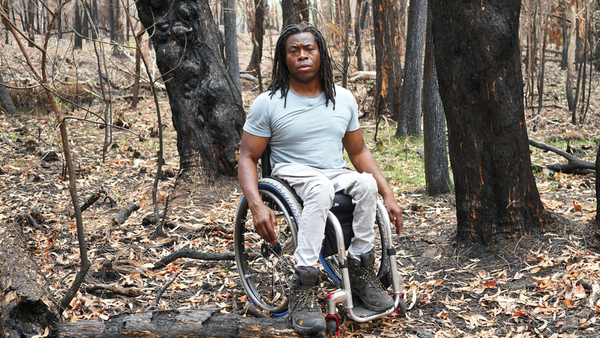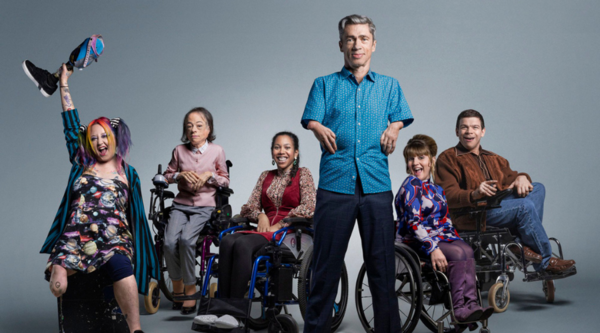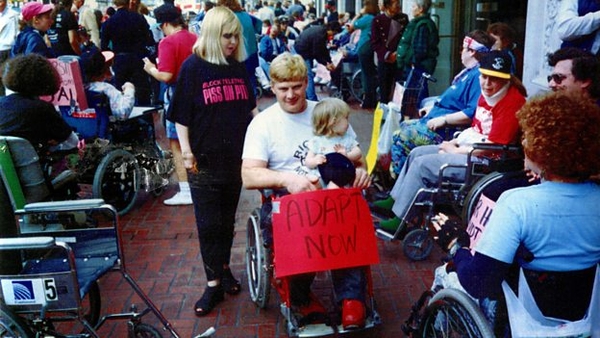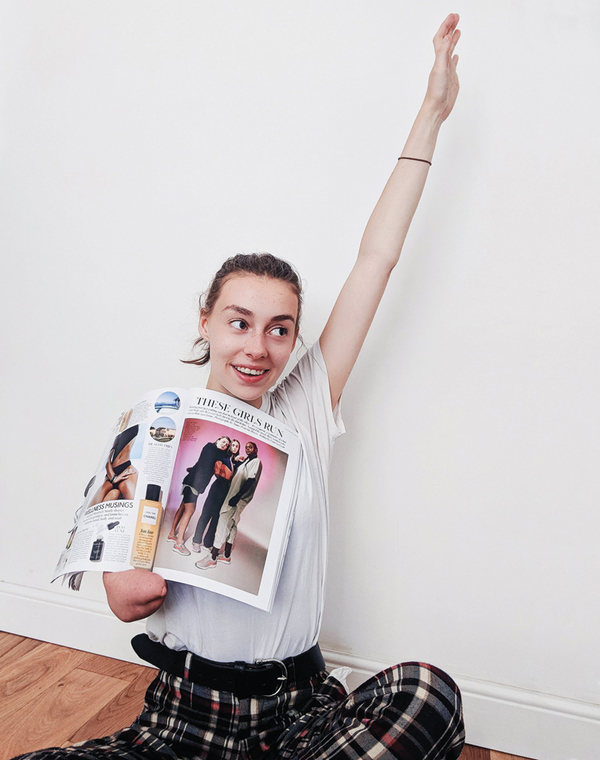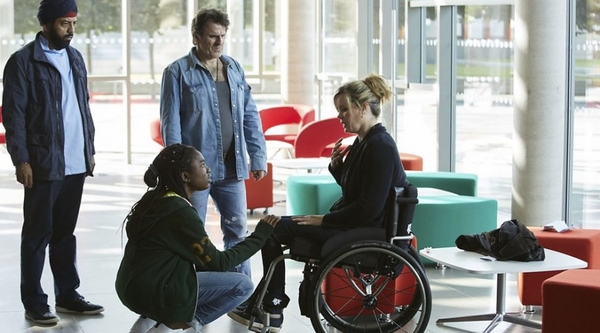Why the small things matter: Adjusting TV for accessibility
One of my first TV shows was about endangered animals around the world,” recalls presenter Ade Adepitan. “When I met with the producer and director, they told me: ‘This show is going to involve scuba diving in the Great Barrier Reef, trekking through the jungle in South Africa and Namibia, and hiking up mountains in Romania. We don’t want you to feel under any pressure, but is this something you think you can do?’ I said: ‘When do we start?’ I’m the sort of person who takes things on and then finds the solution as we go along.

